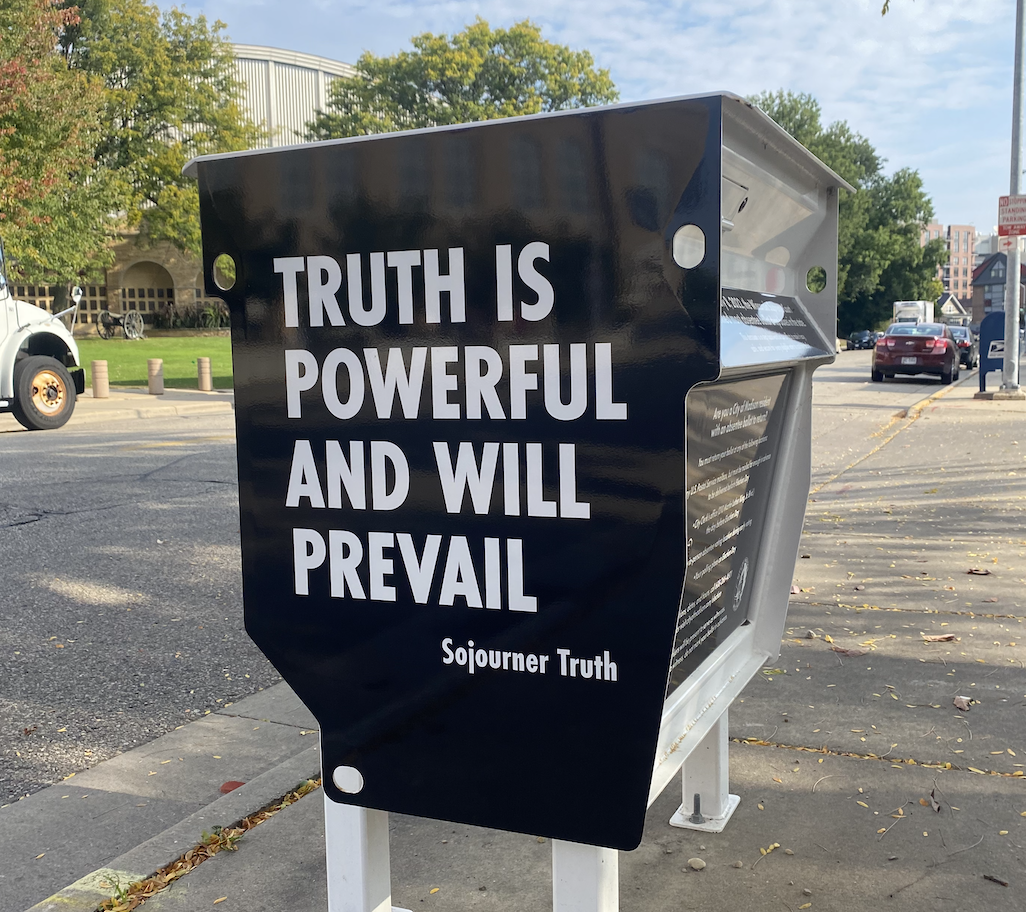A referendum on the Nov. 5th ballot will ask Wisconsin voters whether or not they believe that non-citizens should have the right to vote in local elections. Currently, non-citizens in Wisconsin cannot vote in state or federal elections, but they still hold the right to vote for local government. Wisconsin prohibits non-citizens from voting in state elections but does not explicitly prevent cities, towns, or villages from permitting non-citizens to vote in local elections.
Although illegal voting in Wisconsin is rare, Republicans argue it is better to be safe than sorry when it comes to voter integrity. They are hoping their fear-mongering about illegal immigrants will be enough to make people overlook the distinction between illegal and non-citizen. If passed, this referendum would further entrench a system that forces people to navigate unnecessary obstacles to vote, rather than making voting easily accessible.
One of our country’s greatest failures is that 250 years from its conception, the right to vote is still not universal. Though the Constitution now extends the right to vote to individuals regardless of race or gender, there have been constant efforts to restrict those rights throughout U.S. history.
Poll taxes and impossible literacy tests were used in the 1960s to diminish the Black vote in some Southern states. Non-English speakers weren’t offered translated ballots until 1984. Since then, such practices have been addressed, but you may be surprised at how systemic inequality still trickles down into voter suppression.
Systemic racism in America still impacts voters at the polls. African Americans are twice as likely to be asked to present an ID at the polls, despite no evidence for them being more frequent culprits of voter fraud, according to an article in UC Berkeley’s “Greater Good” Magazine.
In Texas, people can use their gun licenses to vote, 80% of which belong to white people, according to the same article. But, forms of identification that are more commonly held across all groups, such as high school and college student IDs, are not accepted. While poll volunteers typically do not intend to discriminate, these issues are real and must be addressed. Further restrictions are never the answer considering these problems are still present.
Voting “no” on this referendum is the best way to protect our voting rights, but I believe we need to go a step further, encouraging our politicians to support legislation that allows non-citizens to vote. We need to combat the belief that non-citizens are less than citizens.
We subconsciously associate immigrants or people on visas and green cards as not yet American, or think they must spend a certain time working here to “prove themselves”. To become a US citizen, we require people to have a green card for five years.
When a non-citizen comes to the U.S. to get a job, do we ask them to wait 5 years before they pay taxes? Or before they must enlist for the draft? The benefits of non-citizens in the U.S. are enjoyed by all of us, but non-citizens are not able to enjoy the right to vote.
Our country is one that prides itself on being a melting pot, accepting of all people from all walks of life. Sadly, this has been an illusion for hundreds of years. We still must fight legislation seeking to keep America white, straight and Christian, rather than a reflection of the best parts of our world as our founders envisioned.
Not only should you vote “no” on the Nov. 5th ballot, you should call your representatives and ask them to look into giving our non-citizen workers the right they deserve.


